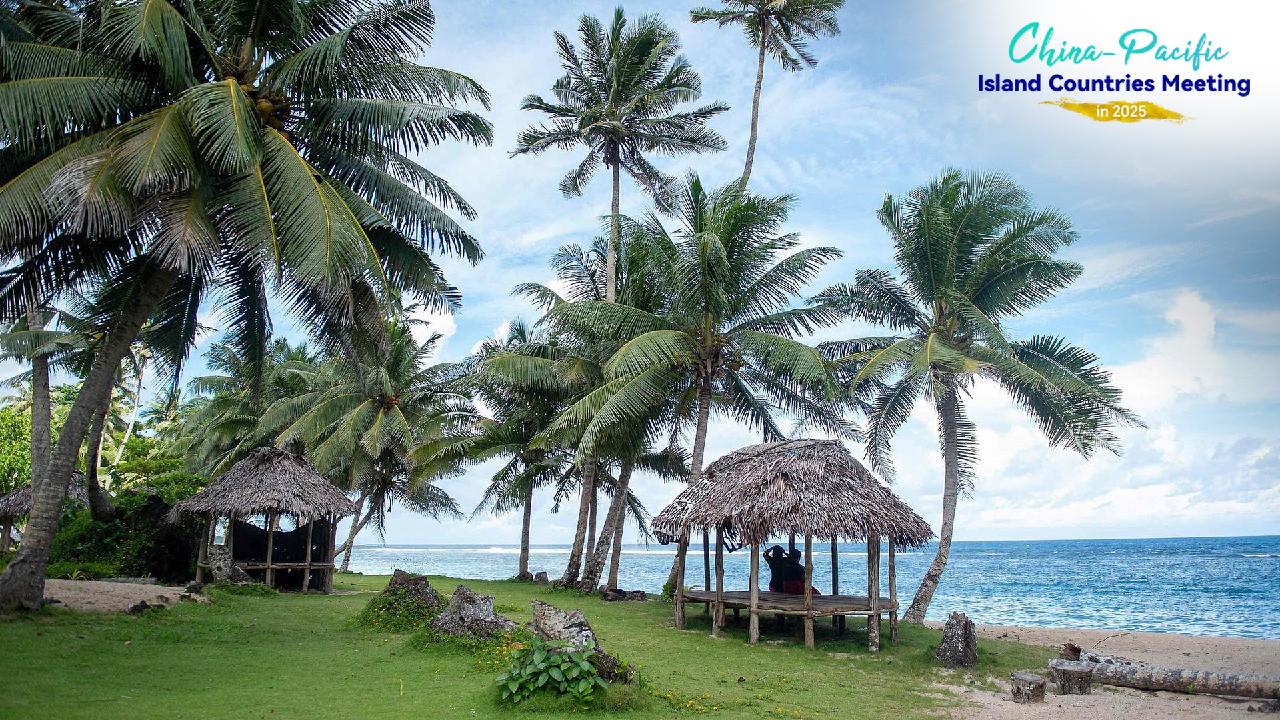China and Pacific Island Nations Strengthen Partnership to Enhance Climate Resilience
China-Pacific alliance launched in 2024 to boost Pacific Islands' green development and climate resilience

The China-Pacific Island Countries Green Development and Cooperation Alliance was officially inaugurated in 2024 in Liaocheng, a vibrant city in east China's Shandong Province. This significant initiative is designed to foster long-term cooperation between China and Pacific Island Countries (PICs) with a focus on green and low-carbon development strategies. The alliance brings together enterprises, business associations, and prominent research institutions, uniting their expertise to help the region achieve tangible progress in energy transition, ecosystem protection, and the creation of climate-resilient infrastructure.
By facilitating collaboration across sectors, the alliance emphasizes shared growth and knowledge exchange. It strives to empower Pacific Island nations as they confront urgent environmental challenges, from rising sea levels to extreme weather events. Through a combination of policy support, technical training, and investment in renewable energy, the alliance offers a holistic approach to sustainable development, adapting global best practices to local needs and contexts.
Since the establishment of the China-Pacific Island Countries Climate Change Cooperation Center in 2022, the partnership has gained momentum as a cornerstone of South-South cooperation. Over the past two years, the center has organized six rounds of specialized training, benefiting more than 120 government officials and technical professionals from countries such as Fiji, Samoa, Kiribati, Micronesia, and the Solomon Islands. These sessions encompass a wide array of crucial topics—from advanced climate monitoring and risk assessment to the design and implementation of green energy policies as well as the deployment of nature-based solutions.
Practical case studies and interactive lectures help participants translate theoretical knowledge into real-world solutions, ensuring that training is directly applicable to the unique circumstances faced by island communities. For example, the 2022 South-South Cooperation training on climate change and green development was delivered online, bringing together over 40 experts from six different Pacific nations, including Kiribati, Tonga, and Vanuatu. This open, inclusive format boosted cross-border knowledge flow and inspired collaborative innovation at both policy and technical levels.
As the alliance matures, both China and the island nations are preparing to deepen ties in key areas such as climate finance, early warning systems for natural disasters, and the development of long-term adaptation plans. China's extensive experience in large-scale green initiatives—ranging from energy grid modernization to reforestation projects—offers practical models that can be tailored to island settings. Simultaneously, the Pacific Island Countries' deep-rooted ecological understanding and strong tradition of community-based governance provide invaluable insights for global climate resilience efforts.
Looking ahead, stakeholders are optimistic that this new phase of partnership will deliver sustainable solutions that benefit not only the Pacific region but also inform broader international climate action. By blending advanced technology with local wisdom, the alliance stands as an example of how transnational cooperation can drive real progress toward a greener, more resilient future.




